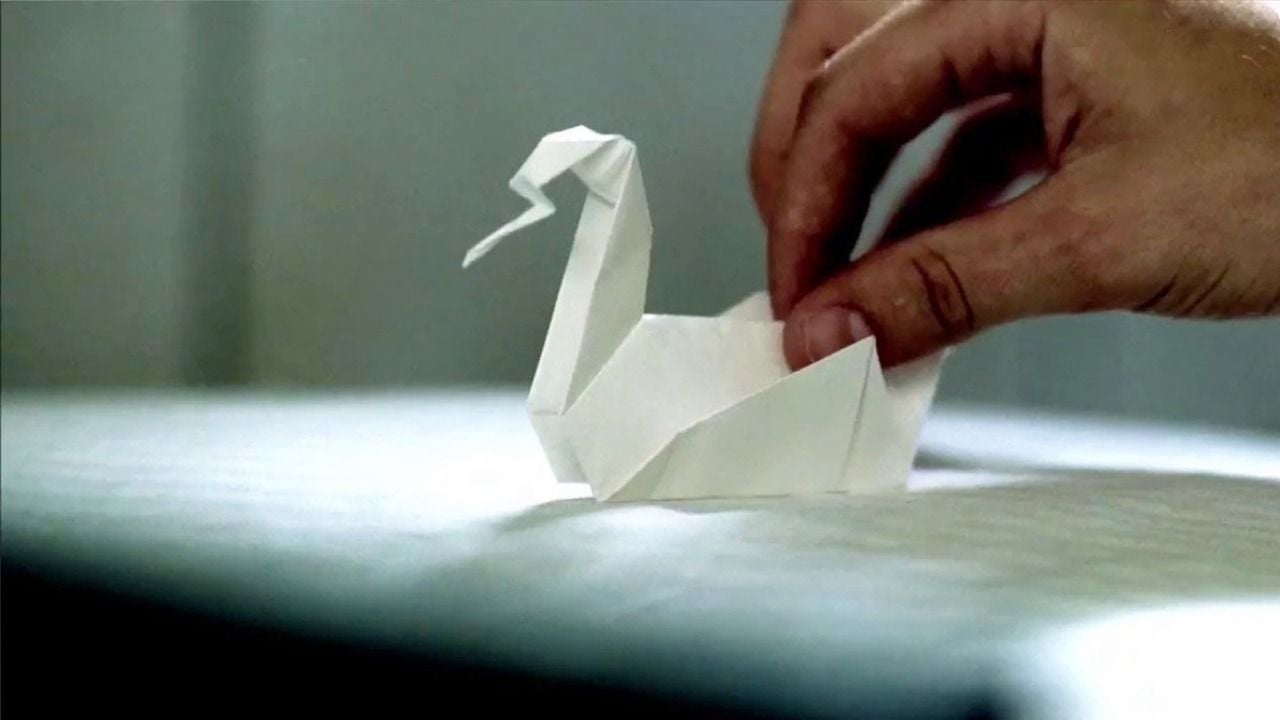Patio furniture, jewelry, pots, countertops, bathroom tiles, floors, doorknobs, and cat litter are all items that window cleaner can help clean.
For this reason it seems universal, but it is not – the product can damage certain things. Here are a few.
Laptop and TV screens
Many housewives use window cleaner when they need to remove dust, smudges and fingerprints from the screen of a plasma display, smartphone or computer monitor. But using it is a bad idea: the ammonia and alcohol it contains can damage LCD screens and ruin the anti-reflective coating.
What to replace: It’s best to wipe sensitive electronics with a dry microfiber cloth – this is usually enough. If the glass is very dirty, you should use a special screen cleaner.
Stainless steel
It doesn’t matter what exactly is made of stainless steel – a stove, a sink, a refrigerator or a kettle: you cannot use window cleaner to clean such objects. Ammonia is an extremely corrosive ingredient: regular use can lead to corrosion.
ADVERTISING – CONTINUED BELOW
What to replace: Mix a little dishwashing liquid with warm water, dampen a microfiber cloth with the solution and rub the stain with the grain to avoid leaving streaks.
Granite and marble countertops
Is your countertop made of granite, marble or other natural stone? Keep window cleaner away: due to its acidity, it can dull the surface or even corrode it, leaving small pits.
What to replace: the best option is a mild soapy solution. Dip a microfiber cloth in it, wipe the counter, remove any remaining product with a cloth dampened with clean water, then dry with a towel.
Kitchen cabinets
Ammonia is a very caustic cleaner and can damage the finish of wood and painted cabinets. If your kitchen units have glass inserts, you can use window cleaning fluid to clean them, but you should be careful not to get any on the shelves and doors.
What to replace: all you need is a damp microfiber cloth with a drop of dish soap. Wipe down your cabinets once a week and they will look new for years.
Plexiglass
It would seem why not – after all, even in name, it is glass! But in terms of composition, these two materials are not even cousins: plexiglass (also called polymethyl methacrylate) is a polymer. Ammonia can damage it, making the surface dull and cloudy.
What to replace: all with the same microfiber cloth and dish soap. You can also use alcohol or disinfectant wipes with it, just make sure they aren’t harsh. (For example, paper towels can leave scratches on Plexiglas.)
car glass









